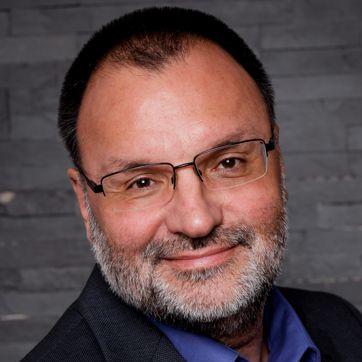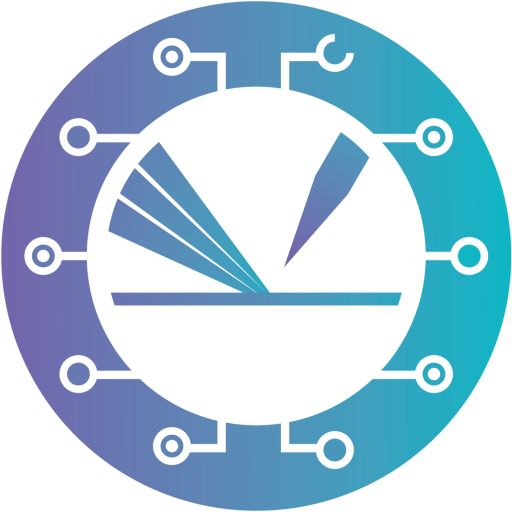Martin Muhler
Ruhr-Universität Bochum (Germany)
Monday, 21 March 2022,16:00 s.t.
The talk will be given online (due to COVID restrictions).
You can join via Zoom:
https://us06web.zoom.us/j/85326472726?pwd=TlIyeXZGRENIRE9OQlI3NTJFd3E1QT09
Meeting ID: 853 2647 2726 Passcode: 891747

Selective Catalytic Oxidation over Cobalt-based Spinel and Perovskite Nanoparticles
The selective oxidation of organic molecules to value-added products is one of the major challenges in chemical industry. At high temperatures in the gas phase the Mars-van Krevelen mechanism dominates in the few established large-scale processes such as the synthesis of acrolein and acrylic acid, maleic anhydride or phthalic anhydride based on vanadia and molybdena catalysts. In contrast, selective oxidation in the liquid phase occurs at much lower temperatures over metals and oxides without involving changes of the bulk structure.
In my talk I will first present the selective oxidation of 2-propanol over Co3O4 nanoparticles in the gas phase and in the liquid phase covering the involved mechanism and the active sites, structure sensitivity, and the role of iron substitution leading to the size of the catalytically active ensemble. Then, I will address the selective oxidation of more complex molecules such as cyclohexene over substituted LaCoO3 pointing out the role of radicals and cinnamyl alcohol using tert-butyl hydroperoxide as oxidant. Non-catalytic processes have to be taken into account properly, and the used solvent may participate in the catalytic cycle.
All results originate from the fruitful collaboration within the TRR/CRC 247 comprising the research areas synthesis, analysis and catalysis. Selected samples will illustrate the various synthetic routes to oxide nanoparticles including post-processing by laser methods, advanced operando experiments, and support from theory.
Bio of Martin Muhler
Prof. Dr. Martin Muhler studied Chemistry at the LMU Munich before obtaining his Ph.D. at the Free University of Berlin under the supervision of Prof. Dr. G. Ertl in 1989. Thereafter, he moved to Denmark to work as a postdoctoral fellow with Haldor Topsøe. In 1991, he became the head of the research group “Heterogeneous Catalysis” at the Fritz-Haber-Institute of the Max Planck Society in Berlin, where he remained until 1996. In the same year, he received his habilitation from the TU Berlin before finally taking up a professor position in technical chemistry at the Ruhr University Bochum. During his long scientific career, amongst many others, he also participated in and later headed a DFG-funded SFB in catalysis, a collaborative research project comparable to TACO.
